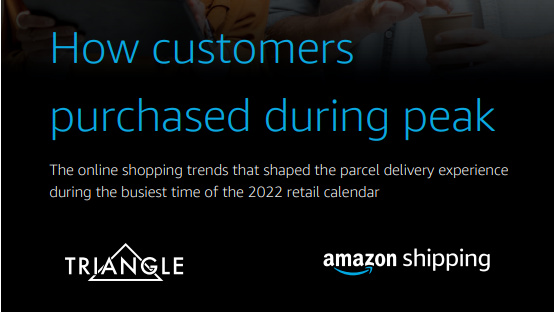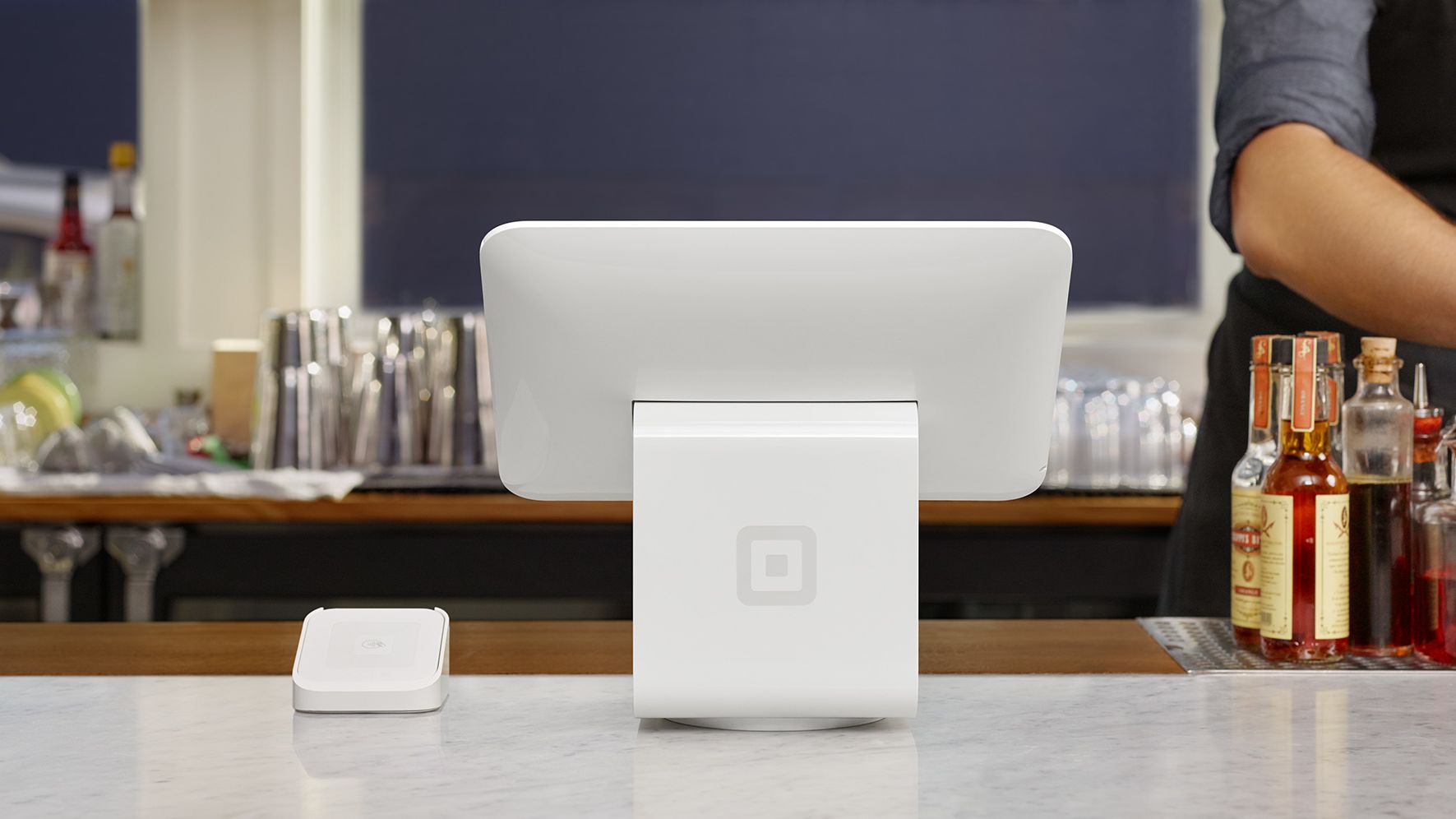How web retailers cope with the demands of the holiday season
Christmas, New Years, Boxing Day, January sales… How can web retailers meet the demands of seasonal peaks in sales?

Sign up today and you will receive a free copy of our Future Focus 2025 report - the leading guidance on AI, cybersecurity and other IT challenges as per 700+ senior executives
You are now subscribed
Your newsletter sign-up was successful
The Christmas holiday season, like Easter, Halloween and Black Friday, is one of the busiest periods for web retailers, who must prepare in advance to ensure they are able to meet customer demands.
Retail ecommerce in the UK is set to reach a total of almost 70 billion this year, according to eMarketer, and this number is expected to grow to almost 100 billion by 2020. This is a huge increase compared to 2012, when the figure was less than 40 billion.
Bill Fisher, senior analyst at eMarketer, said: "Retail ecommerce will account for 17% of total retail sales in 2016. This outstrips all other countries we cover by this measure, except China. For example, retail ecommerce in the US will account for 8.2% of total retail sales in 2016, less than half the proportion in the UK."
Although shopping online has huge advantages, such as avoiding cues and busy stores, customers might experience other issues, including websites crashing, low product availability, poor customer service or late deliveries.
IT Pro spoke to online gift store Prezzybox and electronic goods retailer Ebuyer to find out about how they cope with the demands of the holiday season.
How do you prepare for Christmas and holiday season sales?
Andy Roberts, head of business intelligence at Ebuyer: "The success of a holiday season is usually down to the planning. The more time we have the better chance we have of delivering across the business. We have overarching legacy plans that give us an idea of when to begin ordering stock. This can vary from weeks to months, especially if it's a product that is in high demand or comes from overseas."
Sign up today and you will receive a free copy of our Future Focus 2025 report - the leading guidance on AI, cybersecurity and other IT challenges as per 700+ senior executives
Francesca Prince, PR and marketing executive at Prezzybox: "From ensuring we are stocked up, to dealing with customers and being flexible in our marketing, there's a lot that we do to prepare for holiday season sales. We also make sure delivery dates are achievable and prepare for a rise in customer enquiries."
How do you ensure that your website supports the large amounts of traffic during the Christmas period?
Roberts: "As a company we run a number of load balancing tests over the year to check that our systems are up for the larger workloads required. These are stress tests for both the website and the warehouse system that allow us to handle huge amounts of traffic, while effectively fulfilling the orders."
Prince: "We research and develop technology to make sure the website runs efficiently and can scale itself when under load. This means that the site will grow as needed and stay fast for users."
Do you take any extra precautions online to protect yourself from phishing campaigns or malware during the Christmas period?
Roberts: "We take security very seriously throughout the year and are constantly testing and improving our defences, especially when it comes to malware, protecting customer data or dispersing and preventing DDOS attacks."
What do marketing and analytics experts suggest?
IT Pro spoke to Clicktale, acompany providing marketing and analytics solutions for digital businesses, about how web retailers can best cope during the holiday period.
Yossi Harel, senior project manager and UX consultant at Clicktale, said: "Especially during the holidays, retailers depend on round-the-clock situation rooms to monitor and quickly catch technology glitches to keep sites cruising at peak performance, and many smart retailers are adding customer experience monitoring to their situation room mix."
Customer experience analytics can help web retailers diagnose and address glitches on their website, allowing them to observe the behaviour that led customers to leave feedback.
Harel said: "This way, you can determine what visitors were trying to do when their journey went sour, better diagnose the source of the problem, and - most importantly - quantify business impact of leaving it unfixed, and get IT the exact data they need to fix things fast."
In order to ensure that customer experience does not suffer due to the high requests during peak periods, Clicktale puts forward a series of suggestions.
Eliza Savov, customer experience analyst at Clicktale, said: "A web retailer can take technical precautions in terms of scalability and coping with increased traffic to make sure the site doesn't slow down or crash due to higher demand."
Many major online retailers often introduce a "code freeze", a period during which no new non-essential code changes are introduced. However, this might need to be overridden if a serious problem arises.
Clicktale also suggests trying to minimise the 'out of stock experience' by allowing visitors to reserve items for when they are back in stock.
-
 ITPro Best of Show NAB 2026 awards now open for entries
ITPro Best of Show NAB 2026 awards now open for entriesThe awards are a fantastic opportunity for companies to stand out at one of the industry's most attended shows
-
 Mistral CEO Arthur Mensch thinks 50% of SaaS solutions could be supplanted by AI
Mistral CEO Arthur Mensch thinks 50% of SaaS solutions could be supplanted by AINews Mensch’s comments come amidst rising concerns about the impact of AI on traditional software
-
 Channel your innovation: Why IT partnerships are essential for the future of retail
Channel your innovation: Why IT partnerships are essential for the future of retailIndustry Insights A shared understanding and commitment to overcoming hurdles is key
-
 How IBM and Adobe craft personalization at scale
How IBM and Adobe craft personalization at scaleWhitepaper Combining the content supply chain, CX orchestration, and intelligent commerce for ideal personalization
-
 Preparing for peak: How customers purchased during peak
Preparing for peak: How customers purchased during peakwhitepaper The online shopping trends that shaped the parcel delivery experience during the busiest time of the 2022 calendar
-
 How Crew Clothing went mobile to turn around a struggling business
How Crew Clothing went mobile to turn around a struggling businessCase Study Mobile sales tech unleashed a tide of change, buoying further growth across the UK coast-inspired casualwear chain
-
 The Total Economic Impact™ of IBM iX digital commerce services
The Total Economic Impact™ of IBM iX digital commerce servicesWhitepaper Delivering strategic growth with experience-led commerce solutions
-
 US antitrust bill nearing law faces fierce tech opposition
US antitrust bill nearing law faces fierce tech oppositionNews AICO seeks to limit the extent to which tech platforms can self-promote, and has drawn tens of millions of dollars in opposition from some of the largest tech firms
-
 Square offers sellers buy now, pay later integration with Clearpay
Square offers sellers buy now, pay later integration with ClearpayNews For the first time, Square customers in-person and online will be given the option to make a purchase as interest-free payments
-
 Sharp expands IT services with new FundOnion partnership
Sharp expands IT services with new FundOnion partnershipNews Collaboration will see the business finance platform now offer Sharp’s range of B2B solutions